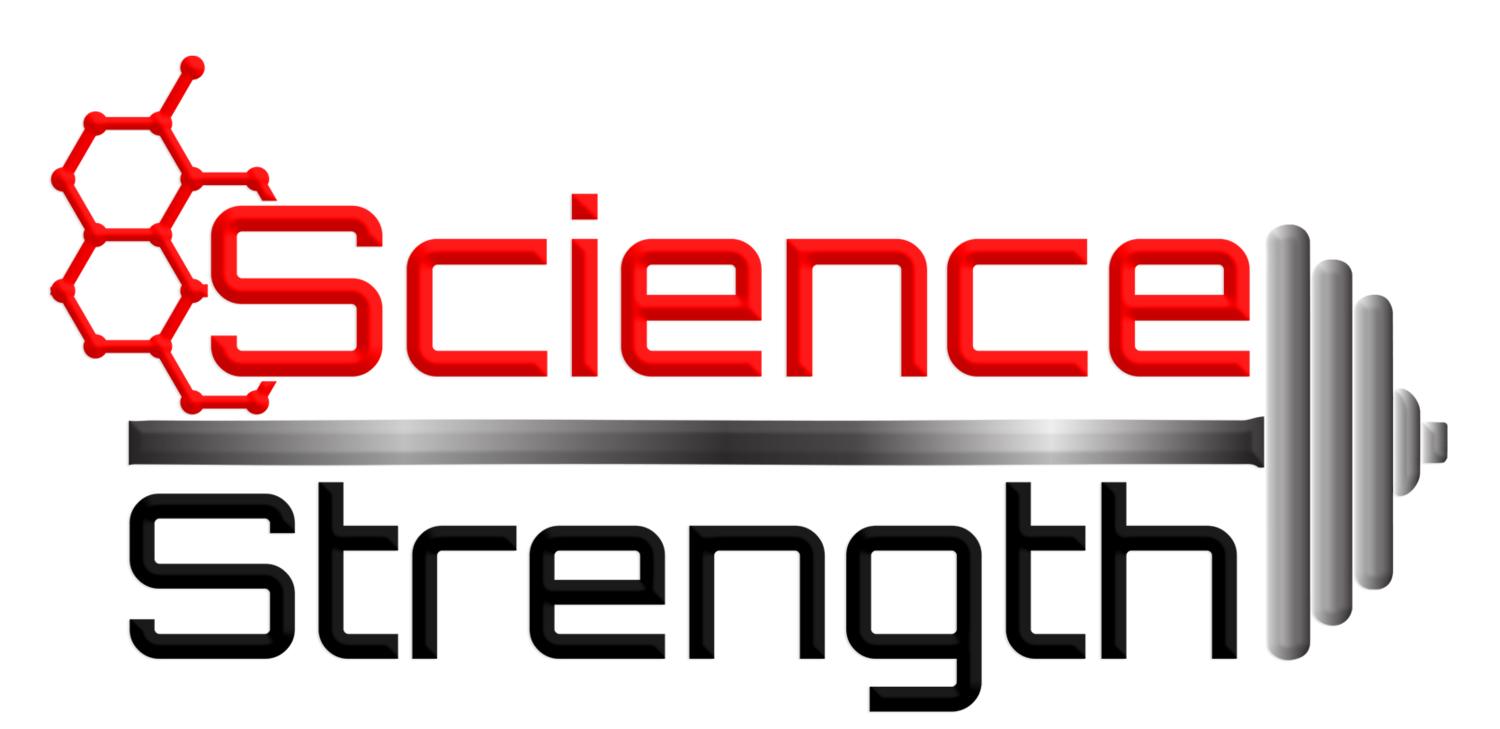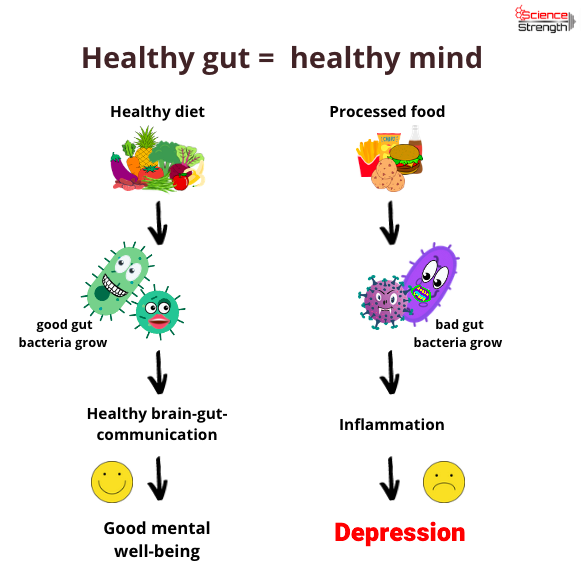In my past posts I talked about depression and how it relates to stress and inflammation. Now, I want to address the relationship between depression and my favorite neurotransmitter: DOPAMINE!
Dopamine is responsible for pleasure, motivation, movement, action, seeking goals and striving towards anything we get pleasure from.
In a nutshell, dopamine is what keeps us going, gives us motivation, makes us feel energetic and happy about our endeavors and achievements.
In fact, low dopamine levels are associated with the inability to feel pleasure, which is one of the symptoms of depression.
We don’t even need to go as far as proper depression, it’s enough to look at a somewhat physiologically depressed state most of us experience from time to time: tiredness, loss of motivation and drive. This reduces our well-being and we want to get rid of it when it happens.
The question is: How to make sure that our dopamine levels are high and we feel good?
One of the most popular and highly misused methods is getting dopamine externally, from substances and potentially addictive behaviors, such as food, alcohol, drugs, sex, social media, video games, checking emails and messages, TV shows, etc. All of it releases dopamine.
However, this comes with a downside. The human body always strives towards balance. Once the dopamine level increased the body tries to bing it back down and dopamine starts dropping again. It is the drop in dopamine we experience as cravings. We want to get more of the thing that gave us pleasure and bring dopamine back up. If we repeatedly boost dopamine, because we can’t resist our cravings, over time, we will need more and more of the substance/activity that brings us pleasure - aka. we may develop addictive behaviour.
To make it worse; if we don’t give the body the chance to restore its balance and boost dopamine every time we get cravings eventually our dopamine levels drop below baseline (the dopamine level we initially had). This way we can get into a dopamine depleted state, lose motivation and feel unhappy.
To sum up: Boosting your dopamine with external stimuli is a bad idea. It makes everything worse long-term.
It is much better and more sustainable to boost dopamine with actions we are less likely to get addicted to because they involve overcoming adversity. Overcoming adversity, aka putting in effort, is also related to dopamine release.
A good example for this is cold exposure. Cold exposure increased dopamine levels by 2.5 times, which is comparable with cocaine. However, it is less likely that you get addicted to cold exposure (e.g. cold shower/bath), as you need to force yourself to get into the cold water.
Another example is exercise (if you enjoy it). To give you a real-life example, how much challenging lifts boost my dopamine levels and make me happy, just check out the video below (to see the full challenge-reward-picture, go to the second video). Overcoming any exercise challenge you enjoy will most likely have a similar effect for you.
If you don’t want to do anything as extreme as submerging yourself into cold water, or grinding out your lifts like me, there are a few mental strategies you can use. Dopamine is released when we predict reward. Be conscious and connect daily activities with the reward you get from them. This will make you release dopamine and motivate you to address them. A few examples below:
Do you have a challenging task at work? Instead of dreading and procrastinating it, predict how good it will feel when you complete it and address it immediately.
Be mindful about things you do every day and enjoy, your cup of tea/coffee in the morning and smelling the smell of freshly made coffee, hot shower, seeing sunlight, a hug…
To go one step further, when we receive a higher reward than we predict, or if the reward as a surprise, we release even more dopamine.
What about making someone a pleasant surprise, you will do a good deed and spike his/her dopamine levels and get gratitude in return.
Speaking of gratitude – particularly receiving gratitude – is associated with increased motivation, reduction in fear, anxiety and inflammation. As you know by now, inflammation is closely connected with depression. It’s a win-win situation, you give a dopamine boost and receive motivation and anti-depressant effect in return.
To sum up your plan of action:
Don’t use any substances or addictive stimuli that give you pleasure. It makes the entire situation worse long term.
If you are hardcore enough go for cold exposure or intense exercise you enjoy
Be mindful about your daily actions and visualize how much you’re going to enjoy them
Surprise someone with something nice
Want to get more well-being and nutrition tips? Subscribe to my email list!




